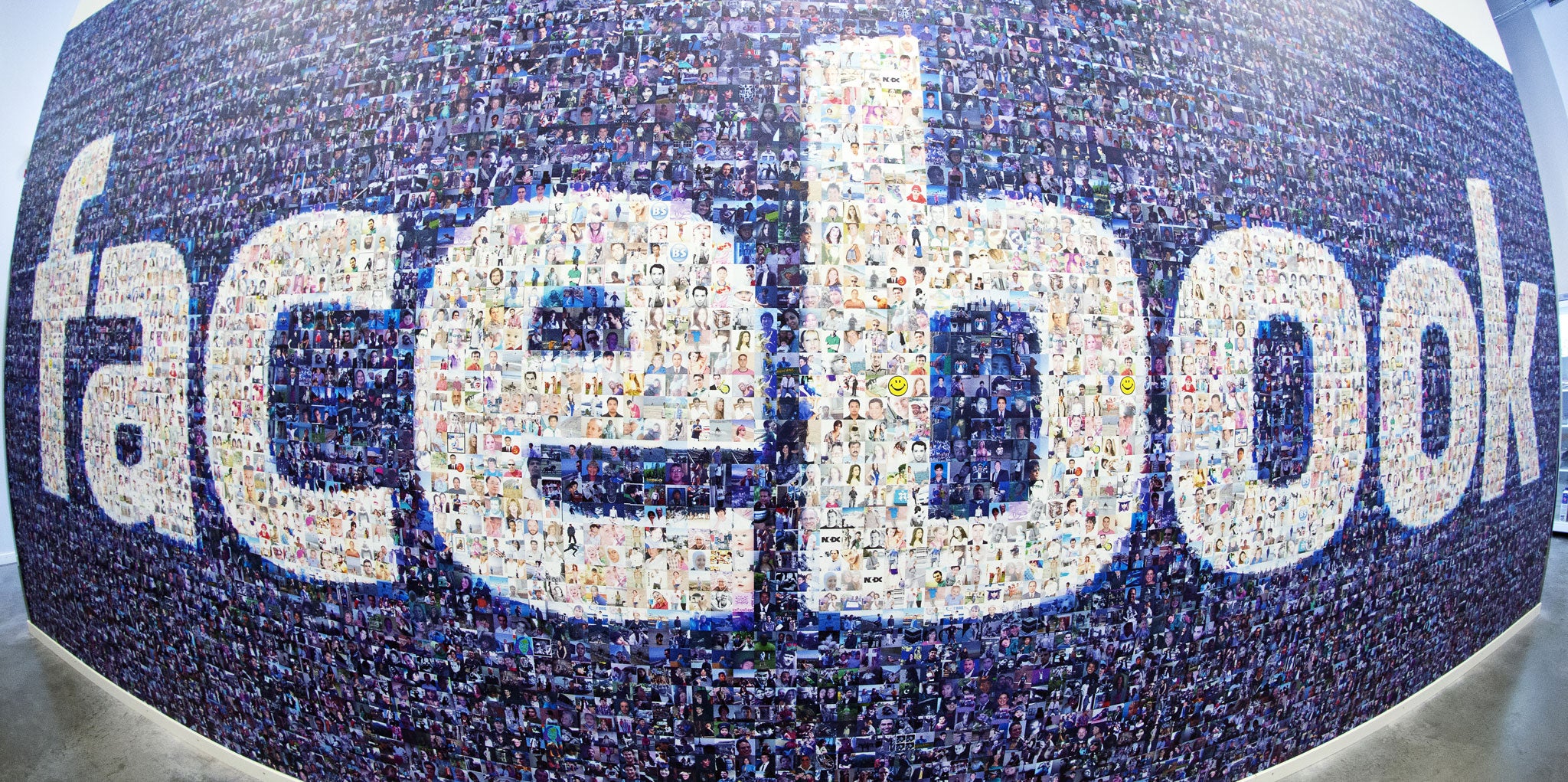Facebook is 10: What’s next for the social network?
Mark Zuckerberg created 'Thefacebook' ten years ago on the 4th of February in his Harvard dorm room. Today the site has more than 1.23 billion users

When researchers from Princeton University published a paper earlier this year suggesting that Facebook might lose 80 per cent of its users by 2017, the internet roared in anticipation.
Despite the fact that the work was incredibly speculative (a point that was hammered home by Facebook’s own data engineers who used the same methods of “scholarly scholarliness” to prove that Princeton itself was on the brink of non-existence) the apocalyptic prediction chimed with our intuitions about Facebook: surely they can’t keep this up for ever.
Today, the statistics that define the site are as impressive as ever. Facebook has 1.23 billion users generating 6 billion likes and 350 million photos every day. Profits for 2013 soared above $1.5 billion with revenue growing by 63 per cent in the fourth quarter. Currently valued at $135 billion, Facebook is set to become the fastest company ever to reach $150 billion.
Ten years ago Facebook didn't even exist, so what's going to happen to it over the next 10?
Theory one: everybody leaves.
What is obvious is that Facebook can’t continue to grow at it current rate. Almost half of the world’s internet-connected population is already signed up to the service and its slowing user accumulation has convinced some (the Princeton researchers among them) that the site’s days are numbered.
Metcalfe’s law - the proposition that the more users that are signed up to a social network, the more valuable and popular that network becomes – has helped Facebook grow, but some think that the same concept could also be its downfall. The argument goes: if the slow exodus of users from Facebook begins to snowball then the site’s fortunes could turn more quickly than MySpace’s.
However, there is a major problem with this theory: Facebook isn't MySpace. Unlike MySpace, Facebook has come to prominence at a time when ‘socialness’ operates as a layer over the internet in the same way that the internet has become a layer over our everyday lives, and Zuckerberg's social network is just too deeply embedded into the social fabric of the net to ever go away.
The site controls just under half of all ‘social logins’ online (registering for other sites using your Facebook profile) and although rivals like Google+ are catching up, Facebook has a solid presence for a range of others social features - chat, photos, groups - that make it consistently useful. Socialness is the glue that keeps users stuck to the internet - and thus, stuck to Facebook as well.
Theory two: teens leave.
Alongside Princeton’s doom-like prophecies, another piece of research that supposedly signalled the end of Facebook came from Professor Daniel Miller of University College London, whose paper on the site’s shifting demographics included the quotation that among 16-18 year olds the site was “ basically dead and buried”.
Although the paper itself was far from the sort of one-sided Facebook-bashing that this soundbite suggests (indeed, Miller wrote an excellent blog post about how he was interpreted by the press entitled ‘ Scholarship, integrity and going viral’) it is true that services that offer more private forms of communication (eg Snapchat or Twitter) now have a greater appeal for the younger generations, conscious of the sort of scrutiny that online life can expose them to.
Thankfully, there's more to the internet than young people and the same report that showed teens leaving Facebook also recorded a larger growth in usage amongst older people. iStrategyLab's figures showed that although usage among the 13-17 age group fell by 25 per cent (from 13.1 million to 9.8 million) the 25-34 demographic grew by 33 per cent (33.2 million to 44 million) whilst the 35-54 age range was up 41 per cent and the 55+ age range rose 80 per cent.
If you combine this growth with the site's roster of social features (sharing photos or organising events for example) then Facebook really isn't about the sort of fun, ephemeral interactions that characterise single-purpose apps: Facebook offers far more utility for a far greater number of users. Yes, Snapchat might have made a good addition to Zuckerberg's social empire, but it's not going to replace Facebook any time soon.

Theory three: Facebook goes mobile.
Currently, over half of Facebook users access the site via mobile devices, and as smartphones and tablets continue to erode away at traditional PC and laptop sales this share is only set to grow (for more on this trend see analyst Benedict Evan's illuminating slideshow ' Mobile is eating the world').
Although Zuckerberg has admitted in a recent interview with Bloomberg that the company's shift to mobile was "not as quick as it should have been" (failed forays include take-over-your-homescreen add-on Facebook Home and Snapchat-clone Poke) a couple of recent news items show that Facebook's mobile-first future is firmly on track.
A recent earnings report from the site indicated that 53 per cent of the company's ad sales now came from mobile (this is particularly impressive considering that two years ago these ads generated exactly zero revenue) and last week the company also announced the introduction of a new, beautiful looking app named Paper.
This is rumoured to be only the first in a new suite of mobile apps that will re-package the Facebook experience for smartphones and tablets. Paper does away with the complex navigation and labyrinthe menus of the site's desktop offering, whilst also managing to move the Facebook into the mobile news market - integrating stories from established media outlets with Facebook's own 'news feed'.
Join our commenting forum
Join thought-provoking conversations, follow other Independent readers and see their replies
Comments
Bookmark popover
Removed from bookmarks